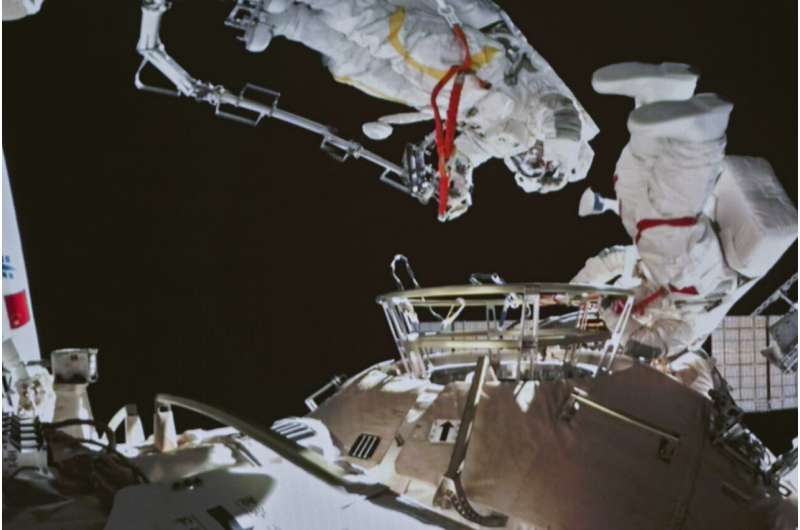HawkEye 360 raises $145 million in Series D round
Tuesday, 09 November 2021 00:41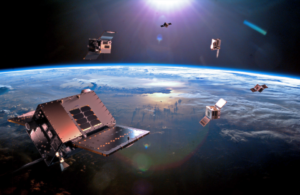
Hawkeye 360 raised $145 million in a Series D investment round led by Insight Partners and Seraphim Space Investment Trust.
Earth needs a ‘mission control’ to manage climate data collected from space
Monday, 08 November 2021 20:30
Much of the critical data used to track climate change and its impact on Earth is collected by satellites in space. But all that data needs to be better analyzed in order to better cope with the climate crisis, said Ellen Stofan, undersecretary for science and research at the Smithsonian Institution.
Four station astronauts catch ride with SpaceX back home
Monday, 08 November 2021 19:25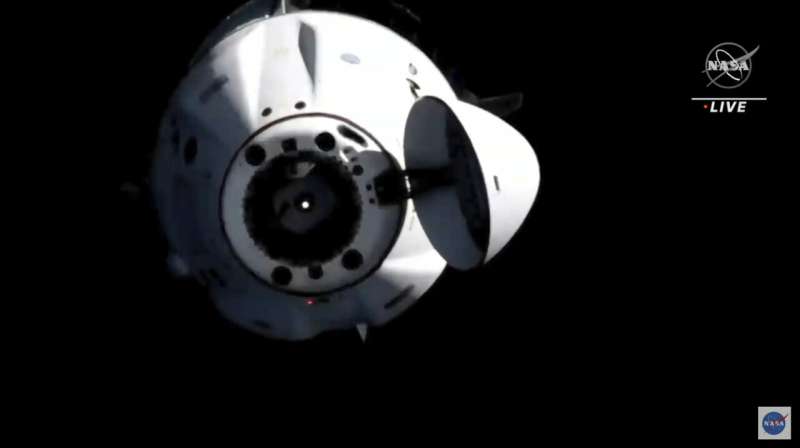
Four astronauts in orbit since spring headed back to Earth on Monday, aiming for a late night splashdown off the Florida coast.
The undocking of their SpaceX capsule from the International Space Station also paved the way for a launch of their four replacements as early as Wednesday night.
The newcomers were scheduled to launch first, but NASA switched the order because of bad weather and an astronaut's undisclosed medical condition. The welcoming duties will now fall to the lone American and two Russians left behind at the space station.
NASA astronauts Shane Kimbrough and Megan McArthur, Japan's Akihiko Hoshide and France's Thomas Pesquet should have been back Monday morning, but high wind in the recovery zone delayed their homecoming.
Space Force wants a more detailed picture of what other nations are doing in space
Monday, 08 November 2021 18:59
The U.S. Space Force needs better space situational awareness to understand what rivals are doing in orbit, said Lt. Gen. Nina Armagno at the ASCEND 2021 conference.
Astronaut crew prepares to return to Earth
Monday, 08 November 2021 16:20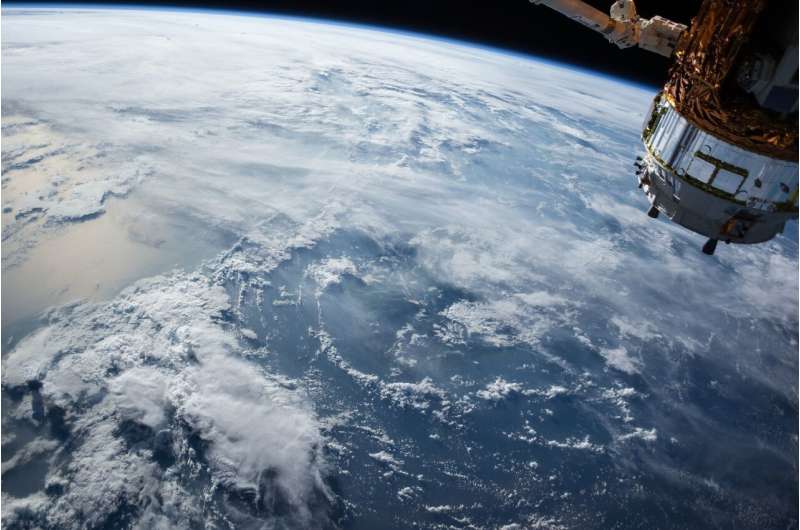
Four astronauts were preparing to leave the International Space Station and head back to Earth on Monday after spending six busy months aboard the orbital outpost.
The Crew-2 mission, which includes two Americans, a Frenchman and one Japanese astronaut, have been living and working on the space lab since April 24, carrying out hundreds of experiments and upgrading the station's solar panels.
They are now set to board their SpaceX Dragon capsule named "Endeavour" and undock from the ISS at 2:05 pm US Eastern Time (1905 GMT) before splashing down off the coast of Florida at 10:33 pm (0333 GMT Tuesday). NASA will provide a livestream.
"Last minute packing, getting ready to depart ISS," tweeted Japan's Akihiko Hoshide.
"It has been a fun 6+ months—pleasure and honor working with ALL the incredible people from around the world, both on & off the planet."
Their activities have included documenting the planet's surface to record human-caused changes and natural events, growing chile peppers and studying worms to better understand human health changes in space.
Crew-2's departure was delayed a day by high winds.
Dragon Endeavour tour
Monday, 08 November 2021 16:00 Video:
00:01:45
Video:
00:01:45
ESA astronaut Thomas Pesquet is sharing scenes from life on board the International Space Station during his second mission “Alpha”. Here he gives a quick tour of the SpaceX Cargo Dragon Endeavour that brought him to the Space Station together with JAXA astronaut Aki Hoshide and NASA astronauts Shane Kimbrough and Megan McArthur. The same astronauts, Crew-2, will use the spacecraft to return home after undocking with the Station and fly to Earth for a splashdown off the coast of Florida, USA.
Over 200 experiments are planned during Thomas’ time in space, with 40 European ones and 12
Op-ed | Don’t let hackers follow us to space
Monday, 08 November 2021 14:49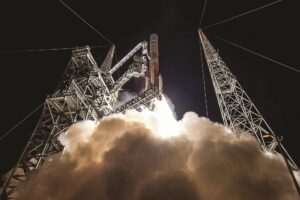
With new moves into space, there is the risk that we will take our Earthbound cyber vulnerabilities with us into orbit.
Satellites for safer seas… and a safer world!
Monday, 08 November 2021 14:00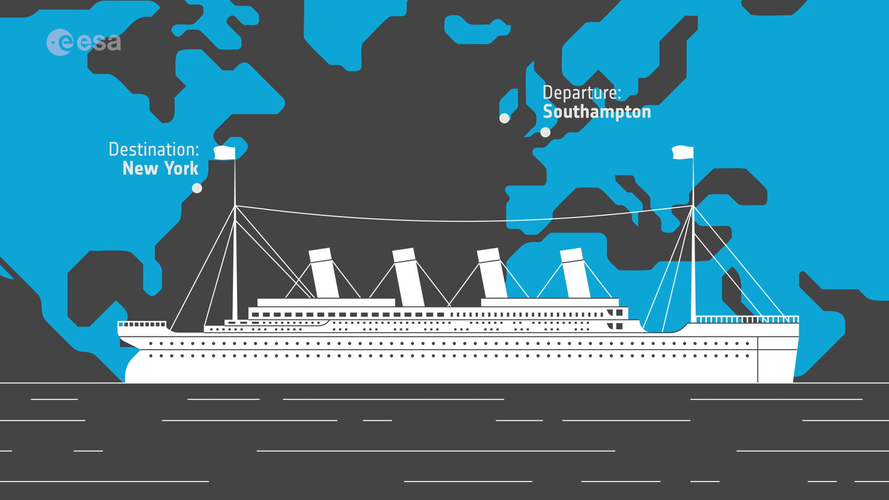 Video:
00:02:43
Video:
00:02:43
What if the Titanic had help from satellites? Its journey would likely have ended completely differently.
We live in an ever-changing world; the shipping industry still faces the old dangers, but today also encounters risks due to climate change as well as incentives to become greener.
Fortunately ships today have satellite support. Satellites designed for science, weather monitoring, Earth observation, navigation and communication serve our security needs on a daily basis. Not only in the ocean, but worldwide, in any situation.
From fighting organised crime to monitoring climate change. From establishing worldwide food security to ensuring aviation safety. Global challenges
Viasat buying Inmarsat in $7.3 billion deal
Monday, 08 November 2021 12:34
Viasat has agreed to buy British satellite fleet operator Inmarsat in a $7.3 billion deal to expand its broadband network globally in multiple orbits and spectrum bands.
Space tracking startup Privateer hires Jah as chief scientific adviser
Monday, 08 November 2021 11:23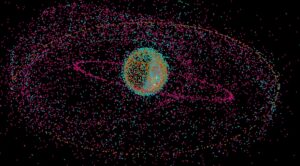
A space sustainability startup still largely in stealth mode has hired a leading “space environmentalist” as its chief scientific adviser as it develops satellites to track objects in orbit.
Astronaut becomes first Chinese woman to spacewalk
Monday, 08 November 2021 09:44 Astronaut Wang Yaping became the first Chinese woman to walk in space, authorities said Monday, as her team completed a six-hour stint outside the Tiangong space station as part of its ongoing construction.
Tiangong - meaning "heavenly palace" - is the latest achievement in China's drive to become a major space power, after landing a rover on Mars and sending probes to the Moon.
Its co
Astronaut Wang Yaping became the first Chinese woman to walk in space, authorities said Monday, as her team completed a six-hour stint outside the Tiangong space station as part of its ongoing construction.
Tiangong - meaning "heavenly palace" - is the latest achievement in China's drive to become a major space power, after landing a rover on Mars and sending probes to the Moon.
Its co High winds delay ISS astronauts' return to Earth
Monday, 08 November 2021 09:44 A capsule carrying four astronauts home will leave the International Space Station on Monday rather than Sunday, NASA said, blaming high winds at the landing site for the delay.
The group including France's Thomas Pesquet, Japan's Akihiko Hoshide and US spacefarers Shane Kimbrough and Megan McArthur will undock at 1905 GMT on Monday.
"Due to high winds near the splashdown zone, the Crew-
A capsule carrying four astronauts home will leave the International Space Station on Monday rather than Sunday, NASA said, blaming high winds at the landing site for the delay.
The group including France's Thomas Pesquet, Japan's Akihiko Hoshide and US spacefarers Shane Kimbrough and Megan McArthur will undock at 1905 GMT on Monday.
"Due to high winds near the splashdown zone, the Crew- Thomas returns to Earth – watch live
Monday, 08 November 2021 09:01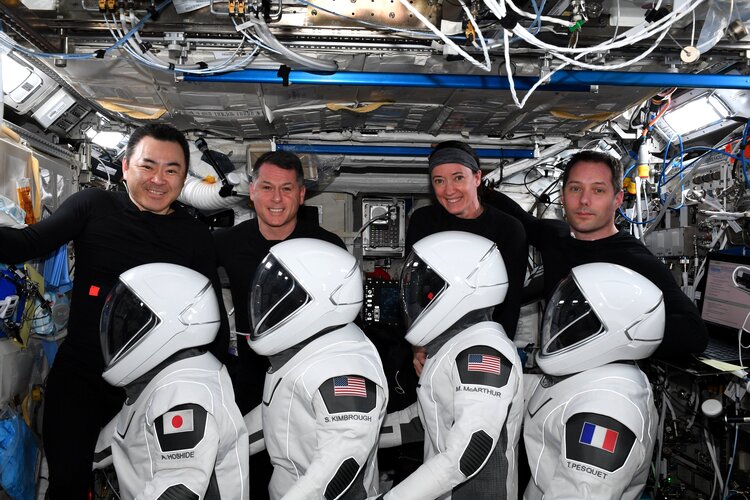
After almost 200 days in space it is time to return to planet Earth for ESA astronaut Thomas Pesquet, JAXA astronaut Aki Hoshide and NASA astronauts Shane Kimbrough and Megan McArthur.
China's 1st woman to spacewalk works 6 hours outside station
Monday, 08 November 2021 08:34